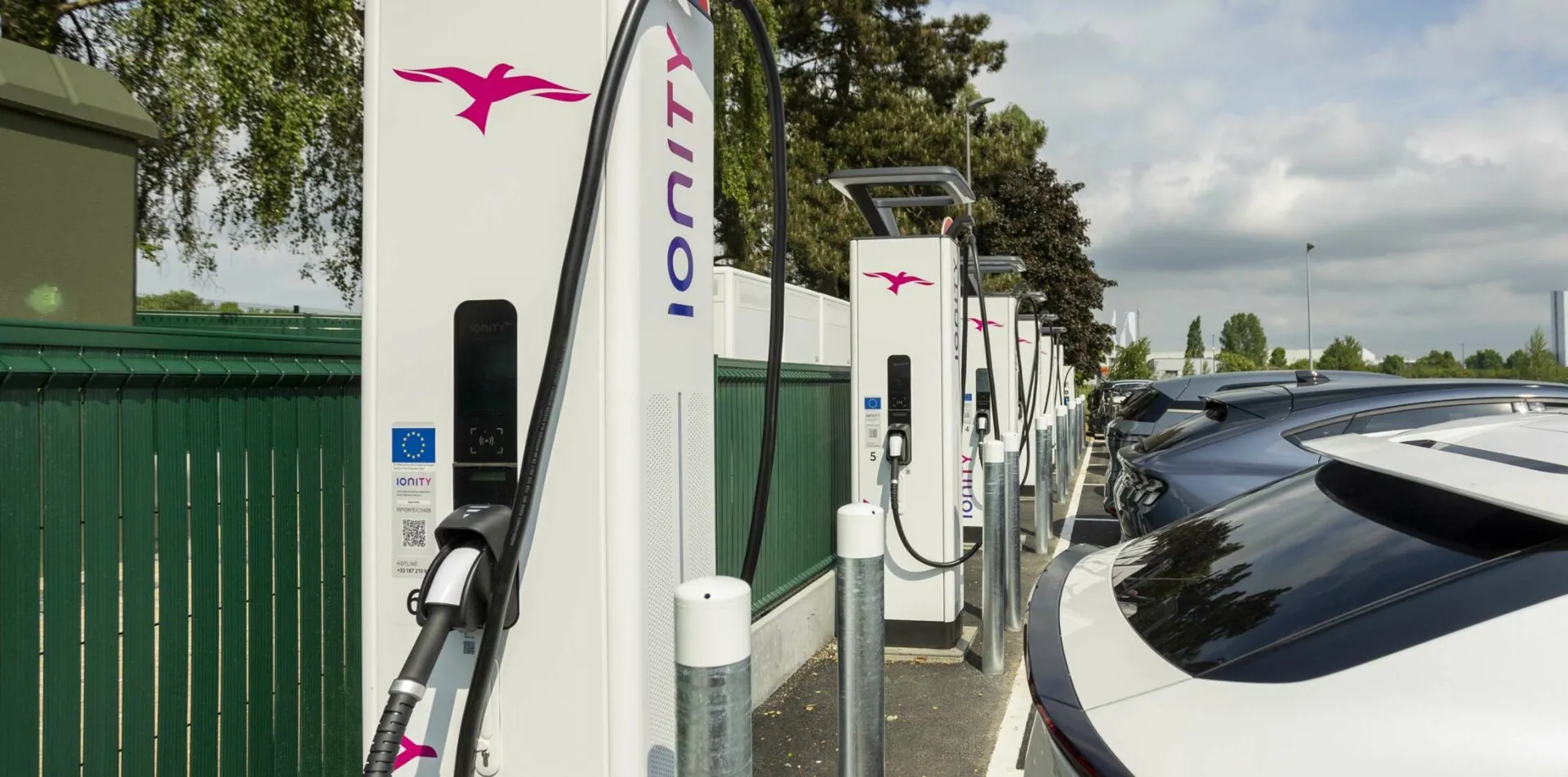You might be asking what kind of tires are ideal for your requirements if you own or operate a commercial vehicle. All-terrain tires, which can handle a variety of road conditions and surfaces, from paved highways to dirt trails, may be something you’ve heard about. However, are they worthwhile? What advantages and disadvantages come with putting all-terrain tires as commercial truck tires? These and other inquiries will be addressed in this article so that you may make an informed choice.
What are all terrain tires?
All-terrain tires are a particular kind of tire that work well in both on- and off-road situations to provide good traction and stability. While less harsh than mud tires or off-road tires, they have a tread pattern that is more aggressive than regular passenger tires. Additionally, they contain a tougher rubber compound than softer tires, which makes them more resistant to wear and strain.
The initials A/T or AT are typically used to identify all terrain tires as having this capacity on their sidewalls. Some all-terrain tires also have the Three-Peak Mountain Snowflake (3PMSF) logo, indicating that they are capable of providing the bare minimum in terms of winter grip.
What benefits may all-terrain tires for commercial trucks offer?
There are a number of reasons why all-terrain tires might be a good choice for commercial vehicles, including:
- Versatility: All-terrain tires are capable of handling a variety of road surfaces and circumstances, including asphalt, gravel, wet conditions, snow, and mud. while a result, you won’t need to worry about replacing tires while you navigate various terrains or climates. By avoiding the inconvenience of hauling spare tires or moving between several sets of tires, you can also save money and time.
- Durability: Compared to softer tires, all-terrain tires can sustain more wear and tear because to their stronger rubber composition. Additionally, they have broader and deeper treads that can guard against cuts and punctures from shards of rock or other debris. If you often travel on rocky or muddy roads, all-terrain tires may last longer than standard passenger tires.
- Performance: All-terrain tires can enhance the handling, braking, and grip of your vehicle. On slick or uneven conditions like mud, sand, or snow, they can offer more stability and traction. On slick roads, they can help lessen the chance of hydroplaning or skidding. On difficult terrain, all-terrain tires can improve your vehicle’s comfort and safety.
What drawbacks exist with all-terrain tires when used on business vehicles?
All-terrain tires have a lot of advantages, but there are also some disadvantages you should be aware of, such as:
- Noise: All terrain tires tend to produce more noise than standard passenger tires, especially at high speeds. This is because they have a more aggressive tread pattern that creates more friction and vibration on the road surface. The noise level can vary depending on the tire brand, model, size, and pressure. Some drivers might find the noise annoying or distracting.
- Fuel economy: All-terrain tires might have a negative impact on your car’s fuel economy when compared to regular passenger tires. This is due to the fact that they roll more slowly, requiring more energy to move. The weight, width, pressure, and tread depth of the tire can all affect rolling resistance. According to certain research, all-terrain tires might reduce your fuel economy by 3% to 10%.
- Cost: Due to their superior quality and durability, all terrain tires are typically more expensive than normal passenger tires. Depending on the tire brand, model, size, and accessibility, the price may change. Additionally, there’s a chance that installation and maintenance costs will increase.
The greatest all-terrain tires for your commercial vehicles: how do you choose them?
Before purchasing all-terrain tires for your commercial vehicles, you need take a few things into account, such as:
- Vehicle type: The standards and criteria for tires vary depending on the kind of commercial vehicle. For instance, different tire sizes, weight ratings, speed ratings, and inflation pressures may be required for trucks, vans, buses, trailers, and RVs as opposed to cars or SUVs. To learn what kind of all terrain tires are compatible with your car, check the owner’s handbook or speak with a reputable tire store.
- Driving habits: Your driving preferences and tire performance can be impacted. For instance, you might wish to select all-terrain tires with a lower noise level and improved fuel efficiency if you primarily drive at high speeds on paved roads. If you routinely travel at low speeds on bumpy or muddy roads, all-terrain tires with greater durability and better traction can be a good option.
- Climate: The choice and performance of your tires might be impacted by your climate. Consider choosing all-terrain tires with the 3PMSF sign, which denotes good winter traction, if you reside in a location with chilly winters and copious amounts of snowfall. You might wish to consider all-terrain tires with a higher heat resistance and a lower chance of blowouts if you reside in an area with hot, humid summers.
In Summary
All-terrain tires are a particular kind of tire that work well in both on- and off-road situations to provide good traction and stability. They offer a variety of benefits, including performance, toughness, and adaptability. They do, however, have significant drawbacks, such as cost, noise, and fuel economy. Before purchasing all-terrain tires for your commercial vehicles, you should assess the benefits and drawbacks of doing so and take into account a number of variables, including the type of vehicle, driving style, and environment. Finding the best all-terrain tires for your business vehicles will enable you to drive safely and comfortably.



